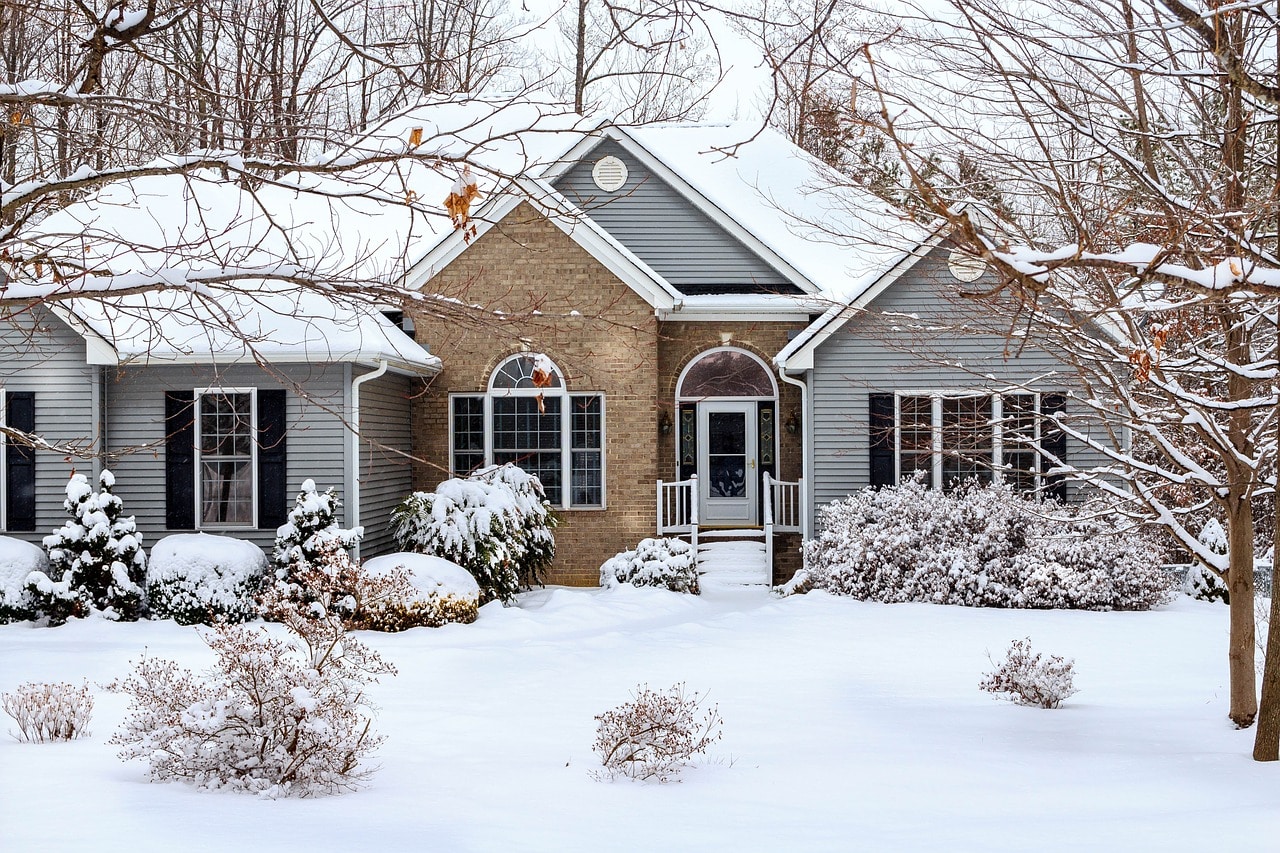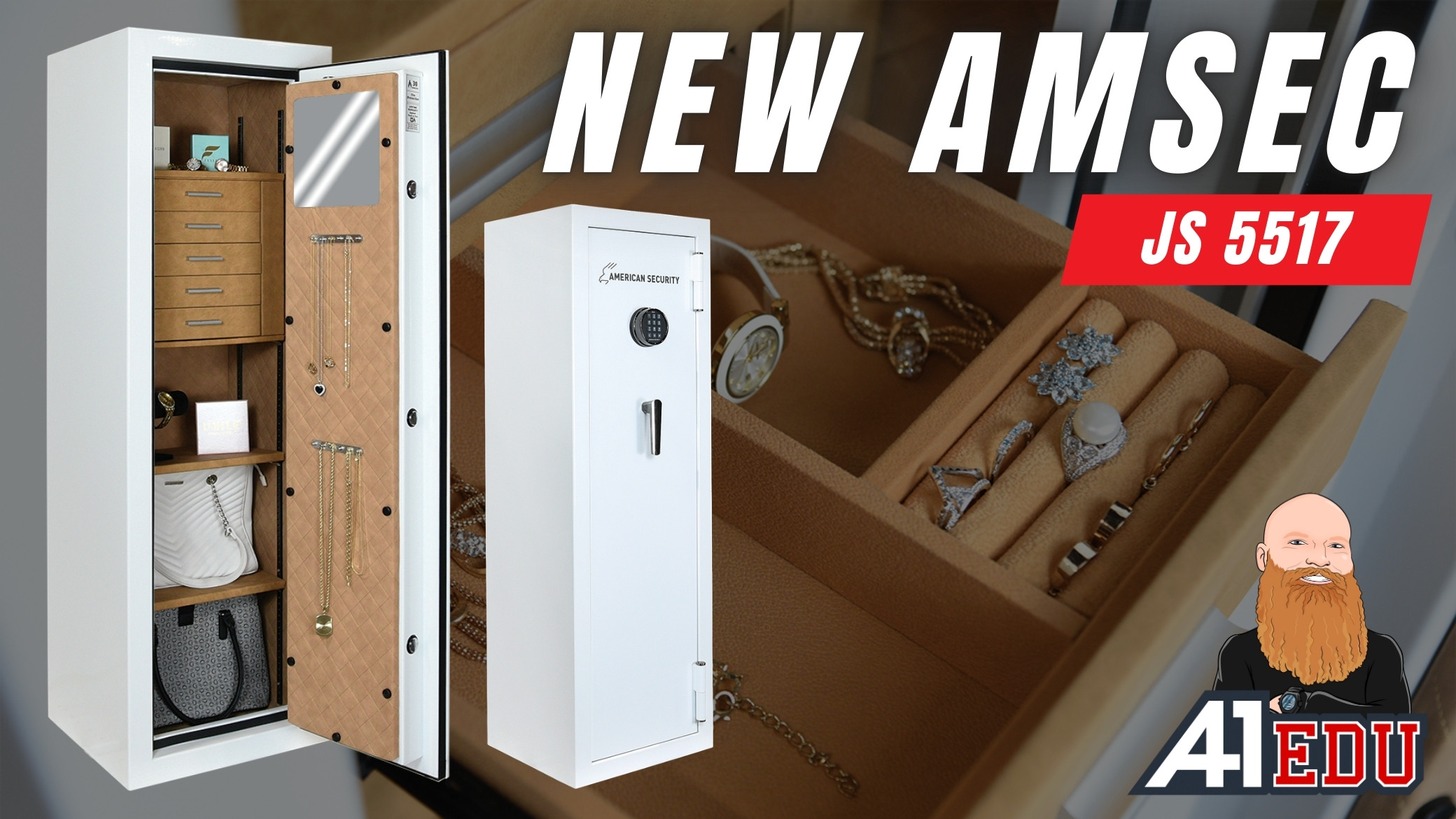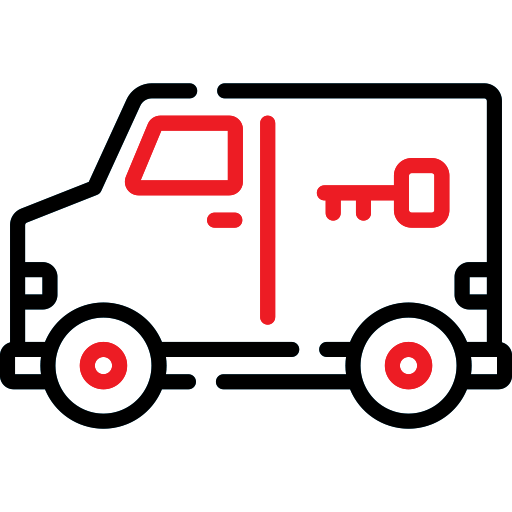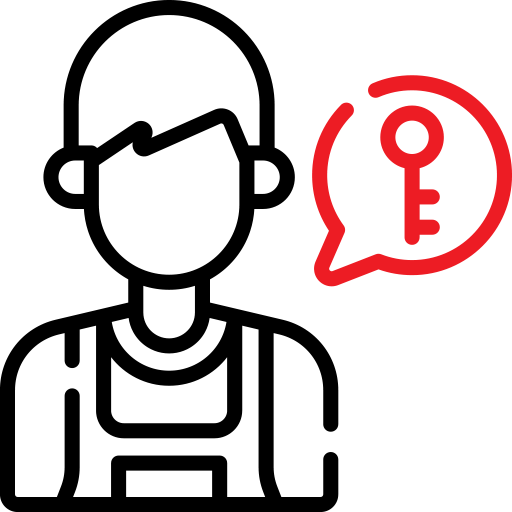
The weather isn’t quite frigid yet, but we’re quickly approaching colder weather. If you want to keep your home safe, and secure during winter, it’s important to act now if you want to be prepared. (Frigid temperatures can happen quite suddenly, after all, as we learned recently in Texas.)
It’s also possible you may have overlooked certain winter security advice for homes in the past, but you can remedy this moving forward. Here are four security tips that will help you as you prepare your home for winter.
-
Fix Any Ventilation Issues
Proper ventilation and sealed gaps in your home are important for maintaining temperature in your home in general, but this is especially crucial for maintaining lock integrity in the winter. If there are any ventilation issues or gaps in door openings, it puts your locks at risk for being frozen or permanently damaged. Hair dryers, and locksmiths can help with frozen locks, but why not prevent them from happening in the first place?
-
Keep Current on General Maintenance of Your Home
Just as there are certain signs in the summer that let thieves know you’re away on vacation (e.g. overgrown lawns, piled-up mail, etc.), there are indicators that your home might be an ideal target during the winter. This doesn’t often affect us in Texas, but for our friends in the north, try to keep your snowy driveways, and walkways cleared when you can and bring in any mail or packages you receive. (Get a neighbor or friend to help with this part if you’re on vacation.) Also don’t be afraid to turn on lights inside your home at night.
-
Install Proper Lighting
Speaking of lights, ensuring there is proper lighting at your access points is another good idea for the winter months. Whether it’s a flood light, motion-activated light, smart light or traditional porch light, increased illumination deters intruders. (Holiday lights are another festive way to accomplish the same thing!)
-
Upgrade Your Locks
Finally, make sure your locks aren’t broken or outdated. Frozen locks can be destroyed if the lock is old enough (or poorly designed), so consider having a consultation with a professional locksmith to identify the most vulnerable locks in your home. You have several options for your upgrade, from smart locks that don’t require a key to high-security locks that prevent bumping. Having the right lock can be a thief-stopper in itself.
If you’re interested in additional home security advice, don’t hesitate to contact us today.
















